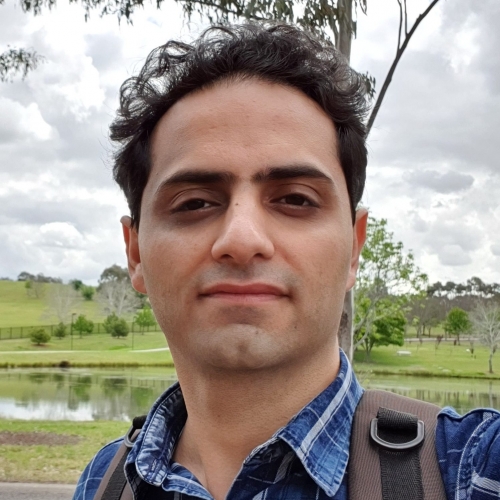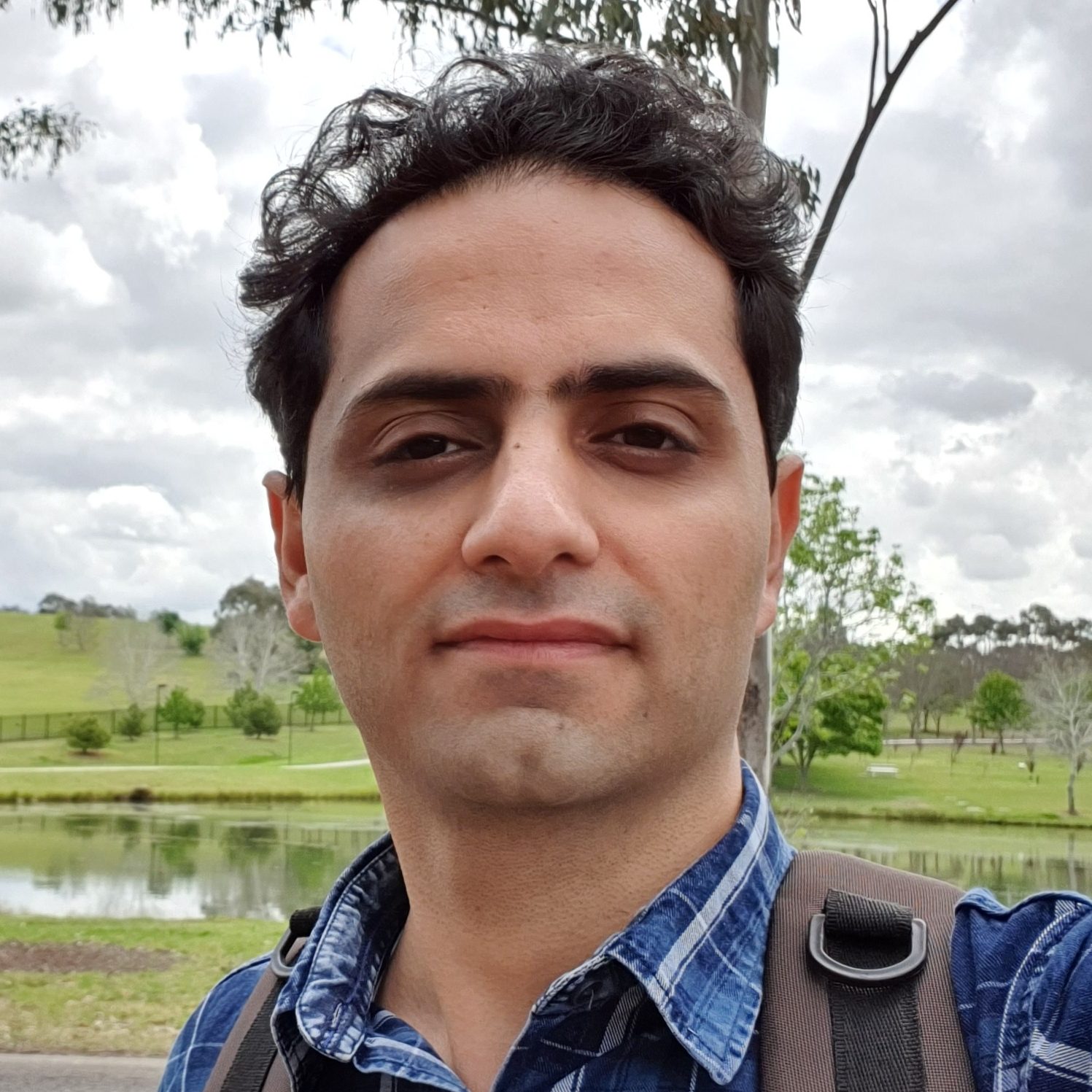
Ehsan Alvandi
Western Sydney University
I am an international PhD candidate in the School of Medicine, Western Sydney University, awarded with full scholarship. I hold a master’s degree in Human Genetics from Tehran University of Medical Sciences, which is ranked first for research in this domain in my home country, and I have been working for more than eight years in the Department of Cellular and Molecular Nutrition, School of Nutritional Science and Dietetics, in the same university as a genetics advisor, laboratory instructor, teacher, trainer and research assistant.
I am a highly experienced molecular biologist in the laboratory, but recently found interests in acquiring knowledge and skills in Statistics, Bioinformatics (Biological Data Science), and Mathematical Biology to study the progression of cancers in the genomic and transcriptomic level.
Can you give me a quick overview of the type of mathematics you are studying and its potential applications or outcomes
Statistics in the main type of mathematics I need to learn for performing my projects, in particular, working with R software for statistical computing as well as graphics. Also, I need to learn the bioinformatics analysis of RNA-seq data.
How did you get into the mathematical sciences/bioinformatics?
Aligning DNA sequences was part of the previous projects that I was involved in them, but they were at the level of genetic studies. However, my main inspiration for learning bioinformatics was the biomarker discovery in different stages of cancers.
What advice would you give to your younger self or others wanting to studying the mathematical sciences?
Mathematics and Biology might seem as two separate discipline, however, interdisciplinary Mathematical Biology is an exciting filed in the computational analysis of biological data, as well as designing biological models.
What was your motivation for attending AMSI BioInfoSummer?
My previous supervisor suggested I attend as he knew I was interested in developing my bioinformatics knowledge and skills.
You received an AMSI BioInfoSummer registration scholarship to attend AMSI BioInfoSummer. How important was this in terms of your ability to attend and fully participate in the sessions throughout the week?
Winning a scholarship always help me grow my motivation to learn new things related to my interests, and AMSI BioInfoSummer registration scholarship was a nice drive for me to join the conference.
What was your main take away from AMSI BioInfoSummer?
Understanding the role of Mathematics in biological analysis, as well as getting familiar with analytical software such as R, was of utmost importance to me. In addition, I wasn’t aware of the extent of the collaboration between Mathematic and Biology fields, and also the importance of the work done in the dry lab to analyse the results of what has done in the wet lab.
If a peer asked you if they should attend AMSI BioInfoSummer, how would you describe the conference to them?
AMSI BioInfoSummer conference is a succinct package to represent the different aspects of bioinformatics and computational biology, and it is really useful even if you are new to these topics. The conference covers the presentations of various researches done in these fields, accompanied by speeches about the carriers. It also includes a workshop per day in which you work with analytical software on biological data.
BioInfoSummer was held as a virtual event for the first time in 2020. What was the biggest positive from your point of view of holding it in this format and/or the biggest challenge?
It was also my first online conference that I’ve attended. I didn’t need to travel to another location to join, but I couldn’t meet any experts in person to make a contact with.
Where do you want the mathematical sciences to take you? Where do you see yourself in five or ten years’ time?
I’m like a toddler in this field, and after the conference I installed R and started working with it. I found a lot of interest in working with data on my computer, and I’ll try to add bioinformatics analysis to my upcoming projects. In five or ten years’ time, I see myself as a professional in dealing with omics data with multiple bioinformatics and computational tools as well as a lecturer for undergraduate and postgraduate students, not only on human genetics, which I’ve been teaching the for many years, but also on Biological data science.
2020 has been a very unusual and challenging year. What is one thing you have learnt about yourself this year? Or a new skill you have developed?
It was my first year of PhD candidature, and it was my first year of work experience in a new environment as an international student. The most important thing that I developed and learnt about myself was that while doing teamwork, I am able to work independently and speak up about my expectations.

